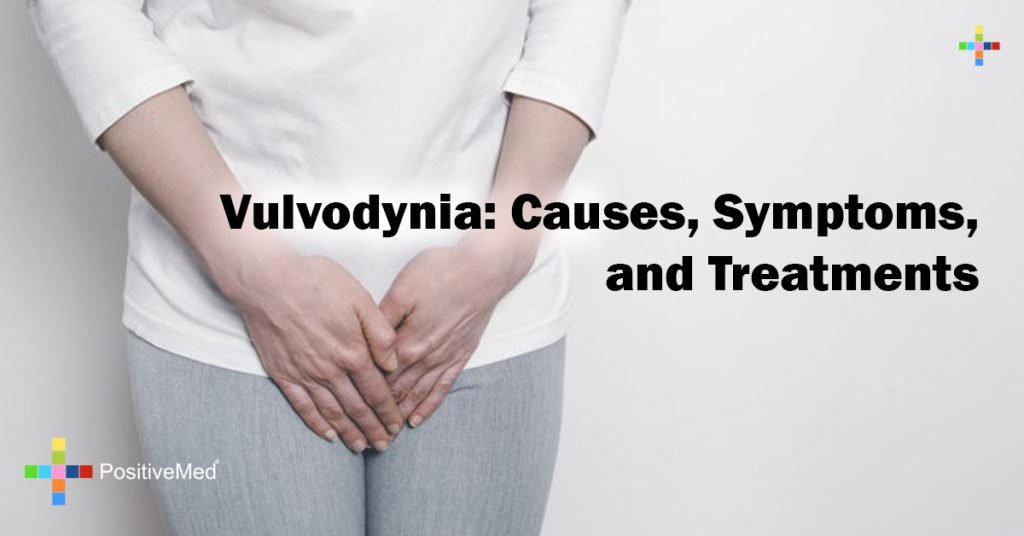
Vulvodynia: Causes, Symptoms, and Treatments
Vulvodynia is a condition where there is chronic discomfort or pain of the vulva (the external female genitals) which causes irritation, burning, or stinging. The discomfort can range from mild to severe, where sitting is sometimes impossible and love-making is out of the question. The precise cause of this condition is unknown, some doctors believe conditions such as frequent yeast infections, frequent antibiotic use, and genital warts may be involved. There is also a concern about lack of blood flow to the genitals as well as a lack of lubrication, which may be culprits or symptoms.

There are two types of vulvodynia:
Generalized vulvodynia—refers to general, unprovoked pain
Vulvar vestibulitis— this occurs when pressure is applied to the vulva and causes pain.
The primary indicator of vulvodynia is pain in the genital area, which is characterized by:
Soreness
Rawness
Burning
Stinging
Itching
Throbbing
Painful love-making and/or outercourse
The pain may be occasional or constant, lasting for months or even years, and can disappear as suddenly as it appeared. There may be pain in the entire vulvar area or it may be localized to certain areas such as the opening of the homey pot or the outer folds towards the thighs. Sometimes, the vulvar tissue will look inflamed or swollen, but it typically will appear normal in color and size.
Many of those who have vulvodynia have a history of recurrent vaginitis, yeast infections, or bacterial vaginosis. Some people with the condition have a history of $e*u@l abuse, but most with the condition have no obvious causation. Vulvodynia isn’t $e*u@lly transmitted nor a sign of cancer.
If you are experiencing these symptoms, in any combination, you should speak with your doctor. The doctor will get a comprehensive medical history, ask questions about the symptoms you’re experiencing, and then carefully examine the vulva, lady part, and it’s secretions to rule out a skin disorder or infection. There will most likely be a cotton-swab test in which they test different areas of the vulva and lady’s part for pain and you will be asked to rate the severity. If any areas of the skin appear suspicious, they may examine them with a magnifying unit or take a biopsy of the area. They will also probably have blood drawn to assess your hormone levels.
As mentioned before, there isn’t a clear cause of vulvodynia, but some contributing factors can include:
Past lady’s part infections
Allergies or sensitive skin
Hormonal changes
Injury to or irritation of the nerves surrounding the vulva and the genital region
In the meantime, here are a few home tips to help keep the vulvar pain under control:
avoid potential irritants; only use dermatologically-approved detergent and don’t use fabric softener on panties use unscented, soft toilet paper or use pH-balanced baby/bathroom wipes
don’t use shampoo or conditioner or any other kinds of soap on the vulvar area
avoid applying perfume down there, including using perfumed creams or soaps, tampons, pads
don’t use contraceptive creams or spermicides
switch from latex condoms to nitrile
when making love, have lots of foreplay and use water-soluble, pH-balanced lubricants and don’t have insertional contact every time
avoid activities that put direct pressure on the vulva such as horse-riding and bicycling
try sitting on a cool gel pack wrapped in a towel or a heating pad or a foam donut





